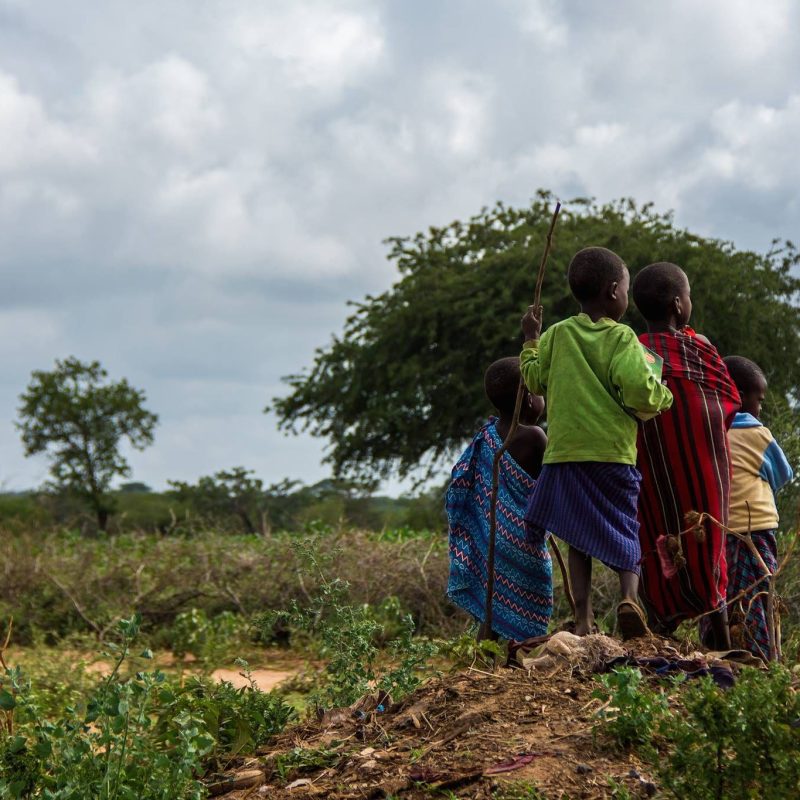We examine whether early-life exposure to rainfall shocks has a long-term impact on health, education, and the socioeconomic statuses of individuals in rural Tanzania, where livelihoods heavily depend on rain-fed agriculture. We use a unique panel of data from a Kagera Health and Development Survey (KHDS) in which children were followed from childhood (1991) to adulthood (2010) together with historical rainfall data. We apply a sibling fixed-effect estimator to overcome potential endogeneity issues. We find that rainfall in birth year affects the education and socioeconomic statuses of children in adulthood. A 15 percent increase in rainfall in one’s birth year and birth village (relative to average village rainfall) leads children to have more years of schooling and live in a household in 2010 that scores 0.19 higher on an asset index. We then explore the relationship between early-life rainfall and childhood nutritional status to identify early-life rainfall’s initial effect. We find that higher birth-year rainfall leads to significant decreases in height and weight deficits in children. A 15 percent increase in rainfall in one’s birth year and birth village (relative to average village rainfall) improves height-for-age z score by 0.20 and weight-for-age z score by 0.26. When taken together, our results point to the importance of early childhood nutrition intervention. Sensitivity checks show that the results are robust to sample selection.
- About Us
- Team & Board
- Email Sign-Up
- Contact
- Your recent searches
- Submit a Working Paper


